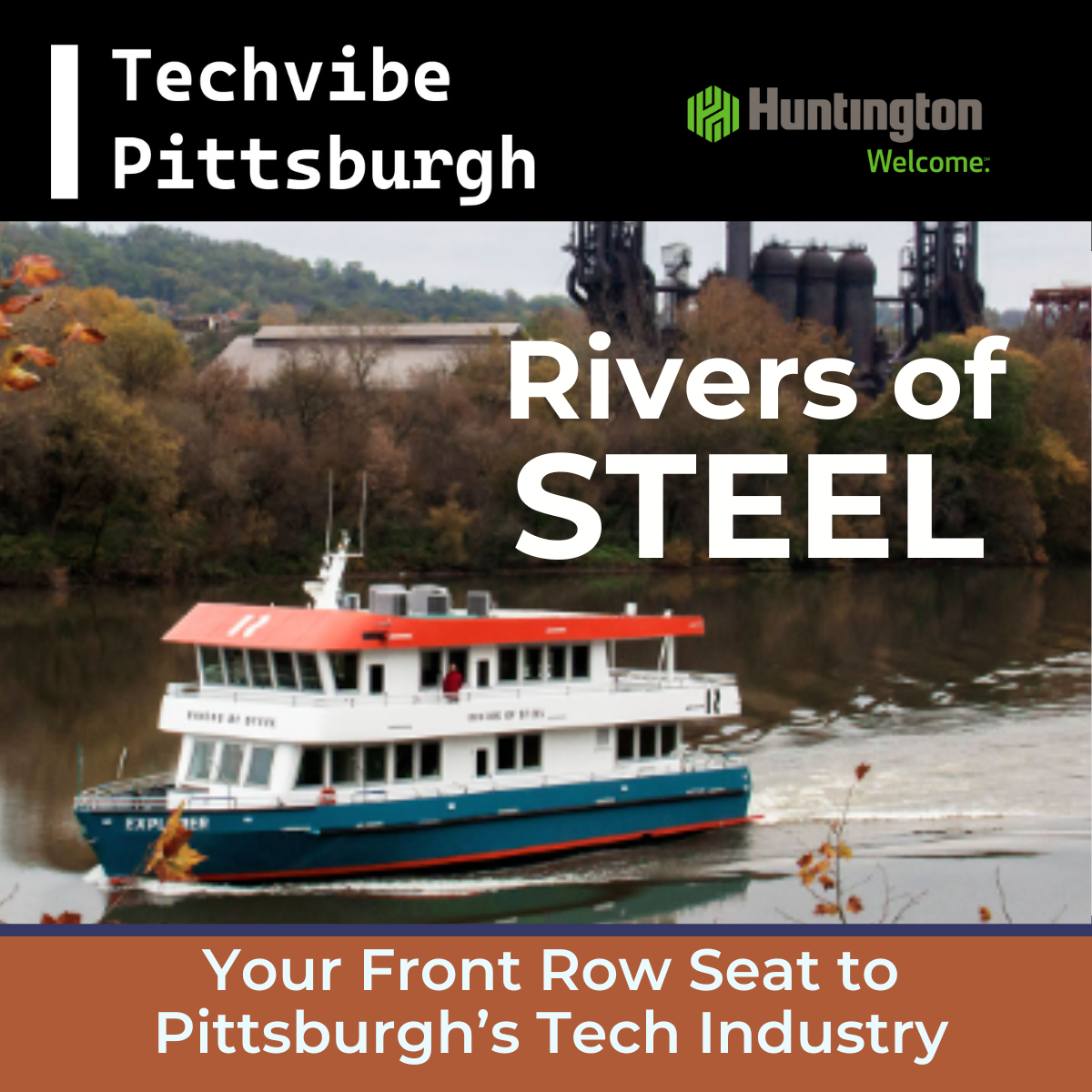Reviving the Explorer: Pittsburgh’s First Hybrid Passenger Vessel Needs New Propulsion System
Interview by Jonathan Kersting
 In the heart of Pittsburgh, where steel and innovation intersect, there's a story unfolding that combines both these iconic elements.
In the heart of Pittsburgh, where steel and innovation intersect, there's a story unfolding that combines both these iconic elements.
Rivers of Steel, a custodian of Pittsburgh's rich heritage and a beacon for educational programs, is at a critical intersection. Hosting the beloved vessel, the Explorer, Rivers of Steel offers a distinctive way to experience Pittsburgh's history and landscape from its rivers.
A Journey Through Time and Innovation
Since 2006, the Explorer has navigated the rivers of Pittsburgh, providing immersive educational tours to students and tourists alike. The vessel was revolutionary when it first launched, being the first hybrid passenger vessel in the United States. It was equipped with a diesel-electric hybrid system, designed with sustainability and efficiency in mind. This innovative propulsion system allowed the Explorer to operate in various modes, optimizing energy consumption based on the journey's demands.
The Urgency for a Propulsion Upgrade
Fast forward nearly two decades, and while the Explorer has served Rivers of Steel admirably, the technology onboard is showing its age. Designed initially with early 2000s technology, the components of the propulsion system have become obsolete, making maintenance increasingly challenging. As Captain Ryan O’Rourke explained, the legacy system is no longer sustainable, creating an urgent need for a modern replacement to ensure the Explorer continues its vital educational mission.
The Search for Modern Solutions
Rivers of Steel is actively seeking partnerships to reimagine the Explorer's propulsion system with the latest green technologies. The organization is drafting a Request for Proposal (RFP) to invite innovative solutions from companies, particularly those within Pittsburgh. The goal is to integrate a new system that remains true to the vessel's sustainable origins while utilizing contemporary advances in hybrid technology. Reach out to O'Rourke at rorourke@riversofsteel.com if you are interested in the RFP.
Building a Legacy for Future Generations
The importance of this upgrade extends beyond technical necessity. The Explorer is more than just a vessel; it's a floating classroom and a symbol of Pittsburgh's contribution to technology and innovation. Through its tours, students engage in STEM-based activities, gaining firsthand knowledge of the region's ecosystem and the importance of rivers to Pittsburgh's environment and history. Rivers of Steel also envisions expanding its reach, contemplating the construction of new docks along the Monongahela River, which would enhance connectivity and offer more extensive educational opportunities.